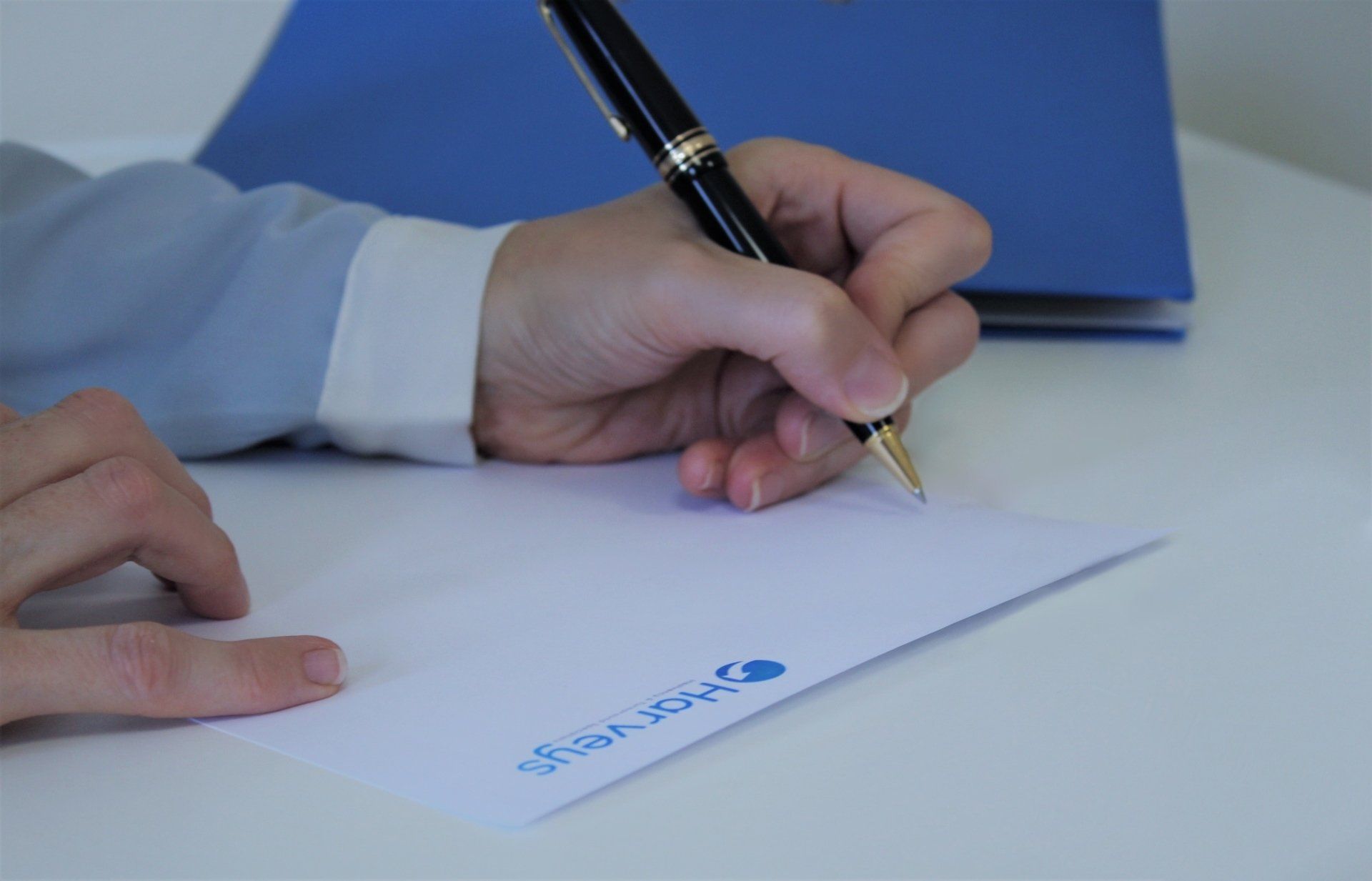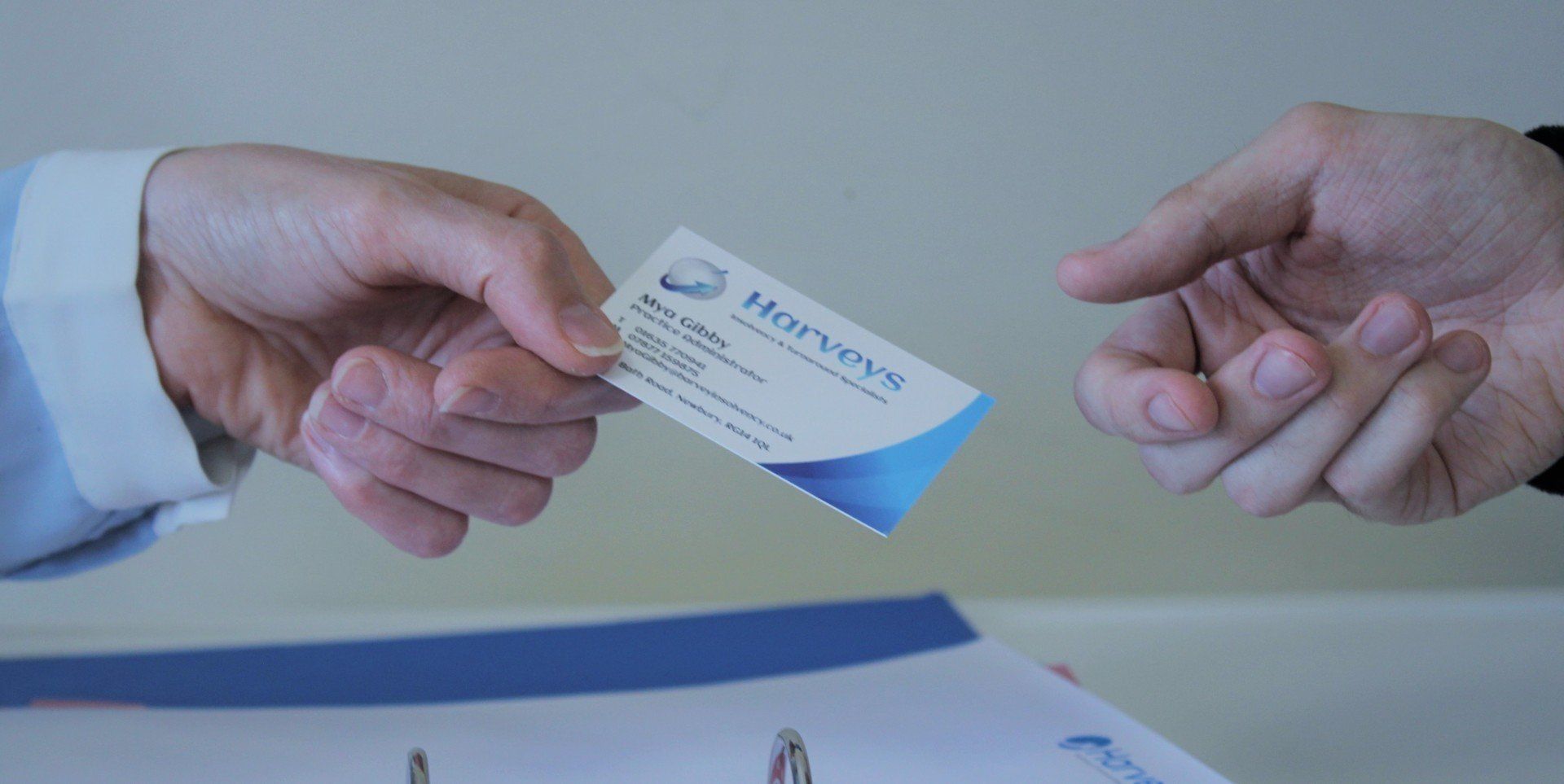My company is insolvent What now?

My company is insolvent What now?
If your company is insolvent, the main piece of advice is to act as soon as possible
Once you are aware your company is insolvent, you have certain obligations as the director of the company. One of these is ensuring that you do not make the situation of your creditors worse. This means you should not take on additional debt that you know you are unlikely to be able to repay. Something else you must ensure you’re not guilty of is assuming that the assets and any money in the company’s bank account belong to you. Any assets of the company belong to the company, regardless of whether you have put your own money into the business at any stage.
Antecedent Transactions and Wrongful Trading
Antecedent transactions are transactions entered into by a company in the run-up to its insolvency which may be deemed inappropriate or unfair
Antecedent transactions include wrongful trading, fraudulent trading, misfeasance, transactions at undervalue, preference payments and various fraud and misconduct related offences. If this type of behaviour is discovered by the Insolvency Practitioner, action may be taken to recover these funds.
One of the most common antecedent transactions is a ‘preference payment’. Once a company becomes insolvent, directors have a legal duty to act in the best interests of their creditors by minimising their potential losses. All creditors must be treated equally, meaning no favouritism should be shown to anyone. Actively choosing to pay one creditor over another would be making a preference payment. Preference payments are commonly made in the following situations.
- Prioritising paying back debts which are underpinned by personal guarantees.
- Paying back debt owed to a family member or someone related to the company.
- Paying back a certain creditor as you feel a close affinity to them, such as having a long-standing relationship with a certain supplier or wanting to maintain a business relationship with them going forward.
The rules are, however, not completely cut and dried. There may be some instances where making a payment to one company over another may not necessarily be frowned upon.
This would be the case if there were an extraordinarily strong commercial reason for making such a payment. An example of this would be if the payment of one creditor were integral to prolonging the life of the company, thereby increasing the likelihood of payment for the remaining creditors as a result. In this instance there would be no fondness felt for the company in question, merely a genuine desire on your part to extend the viability of your business.
Of vital significance is the dominant intention behind the payment being made. If the company is motivated by a desire to put the creditor in a better position, this will be seen as a preference payment.
The rules surrounding this issue are, however, complex, and the ramifications of making an error are severe. Directors could face personal liability for some or all the company’s debts if a preference payment is found to have been made.
The Insolvency Practitioner will apply to the court for the transaction(s) to be set aside, and action may be taken against the director. If the preference payment was made when the company was insolvent, or caused it to become insolvent, the director could face disqualification.
- As well as making preference payments, directors may also face further action if any of the following antecedent transactions can be proven to have occurred:
- Directors must be aware of the danger of attempting to protect company assets during insolvency by selling or transferring them away from the business at a reduced rate.
- As creditor returns must be maximised during an insolvency procedure, the sale of assets at below market value could be construed as fraudulent trading should this be investigated.
In this instance a liquidator has the power to apply for a court order to reverse any questionable transactions to restore the company to its previous state.
If you are concerned about the sale or transfer of an asset you should call us NOW








